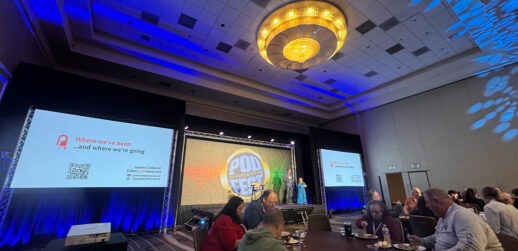Over the past year, more than a third of North American business travelers mixed work with play by extending a work trip for leisure. According to a new study by GBTA Foundation (the research arm of Global Business Travel Association), millennials led the way in so-called bleisure travel.
Bleisure is the current buzzword for combining a business trip with extra leisure days.
Forty-eight percent of millennials who participated in the study said they had been bleisure travelers, while only 33 percent of Gen-X and 23 percent of Baby Boomer travelers did so.
Business travelers who take bleisure trips, said the study, typically extend them a couple of days. While 90 percent do so for more than one day, only one-quarter (23 percent) do so for more than three days. On average, travelers extend their trips for three days.
Bleisure trips often cost more in transport. The study found 39 percent of business travelers paid the difference in air/train travel costs for extending a business trip. It noted this issue “presents several challenges for managed travel programs, including how to estimate the additional costs stemming from bleisure travel, distinguishing between business and leisure costs and how to address these issues in company travel policy.”
Another travel policy issue is duty of care. In other words, when does a company’s liability and obligation to help their traveler begin and end? More than one in ten business travelers said they needed help from their company or the person who arranged the travel on their last bleisure trip.
Changing hotels is yet another issue. An overwhelming majority of business travelers (82 percent) stay at the same venue for both the business and leisure travel portions of their stay, according to the study. Yet those who switch hotels “generally search for accommodations through a third-party site or a hotel’s website or mobile app, meaning it is possible that bleisure travel may incentivize travelers to book outside of their company’s channels.” The study concluded: “To encourage travelers to stay within the program, companies might make a greater effort to help travelers receive the corporate discount for the leisure portion of their trip.”
Monica Sanchez, GBTA Foundation director of research, said, “This study highlights a variety of ways in which companies can improve the bleisure travel experience for their employees, while also aligning bleisure travel with their own goals. Some of these ways include establishing clear rules for reimbursing expenses incurred by non-employees, helping travelers understand the resources available to them on the leisure portion of their trip, and developing a policy regarding preferred suppliers and booking channels.”
Hilton partnered with GBTA for the study. Kelly Phillips, senior vice president of global engagement and strategic accounts for Hilton, added, “Business travel is a lifestyle for many of our guests and we’re seeing a growing desire by these travelers to add a leisure component to their trip and experience the destination beyond the meeting room.”




